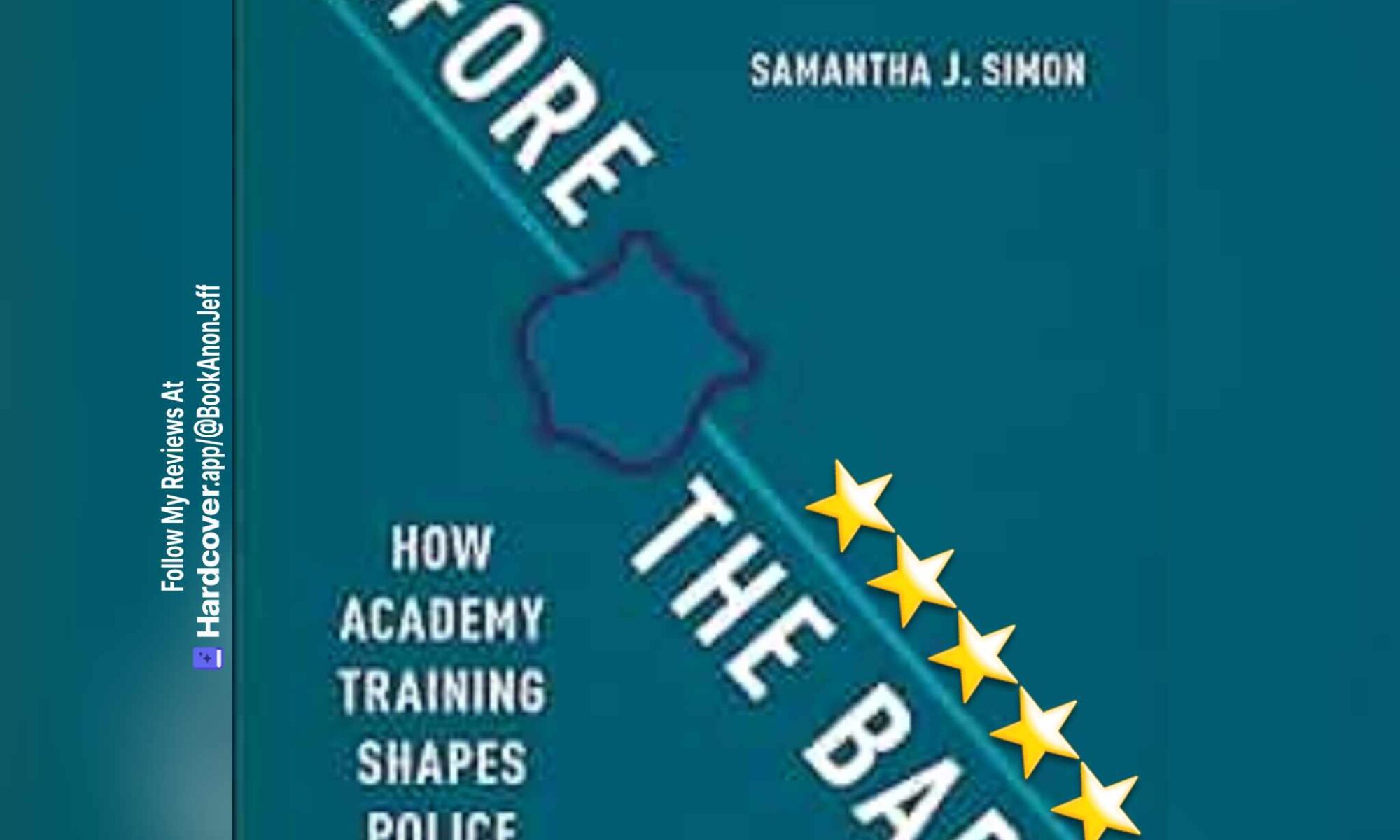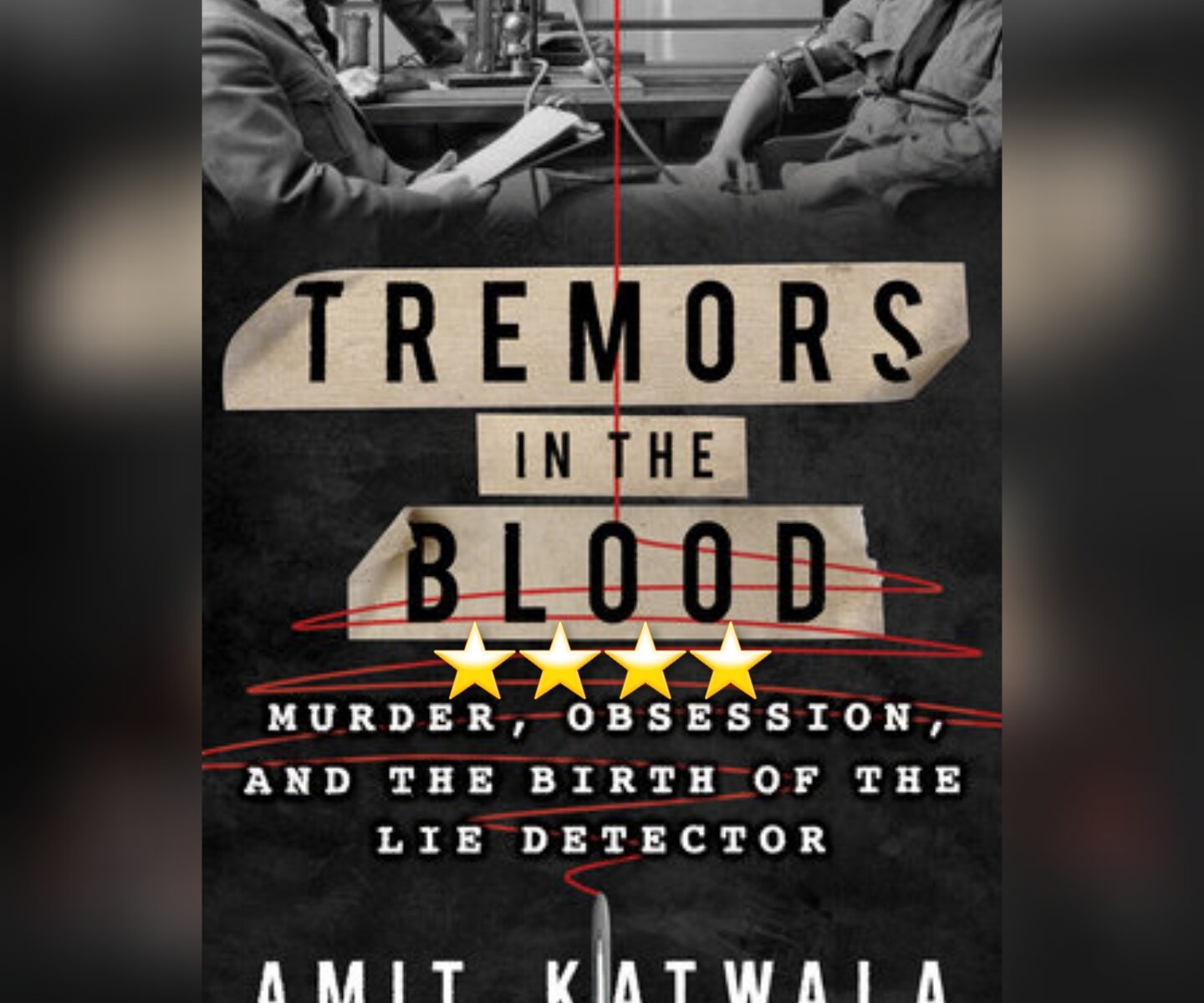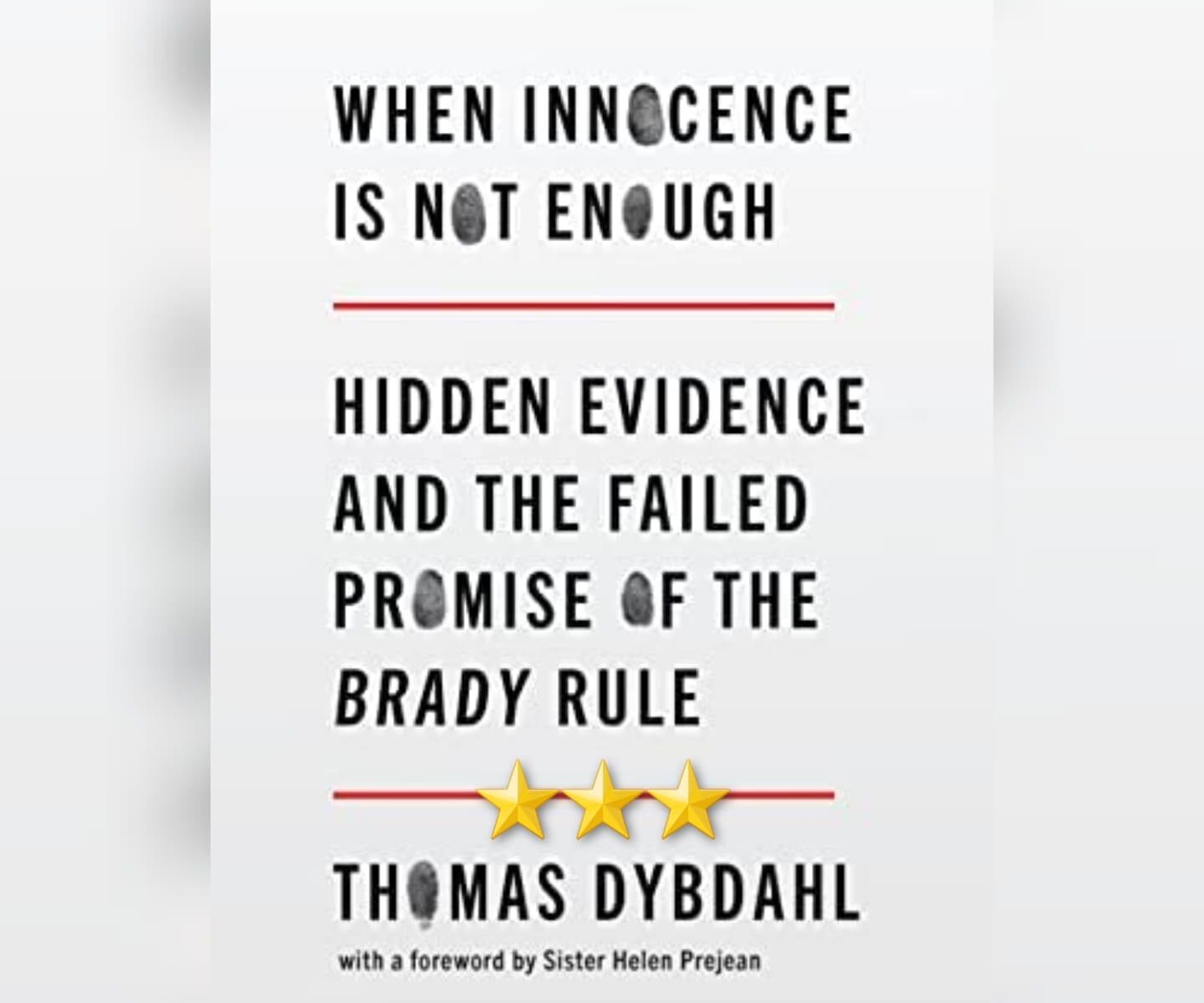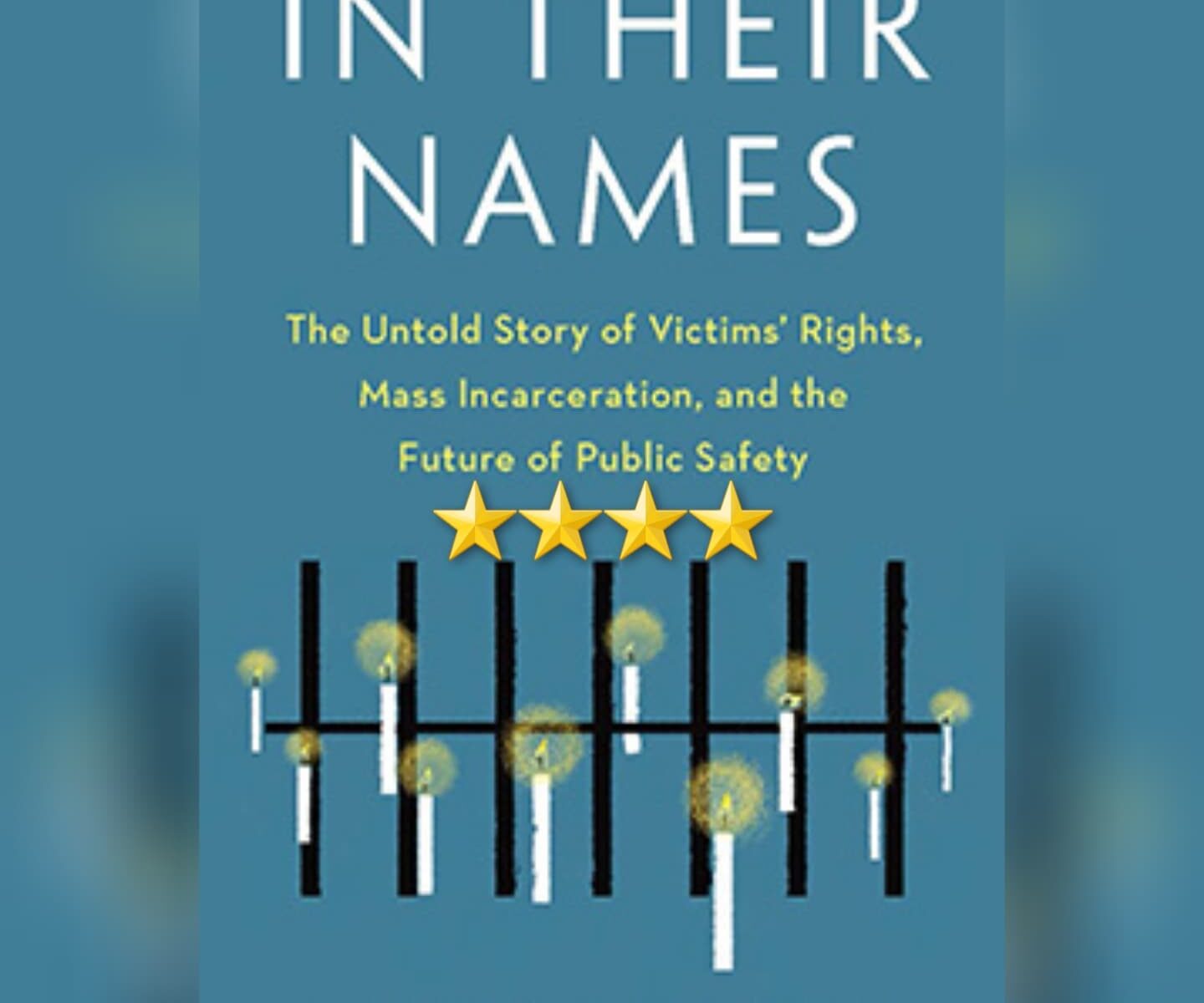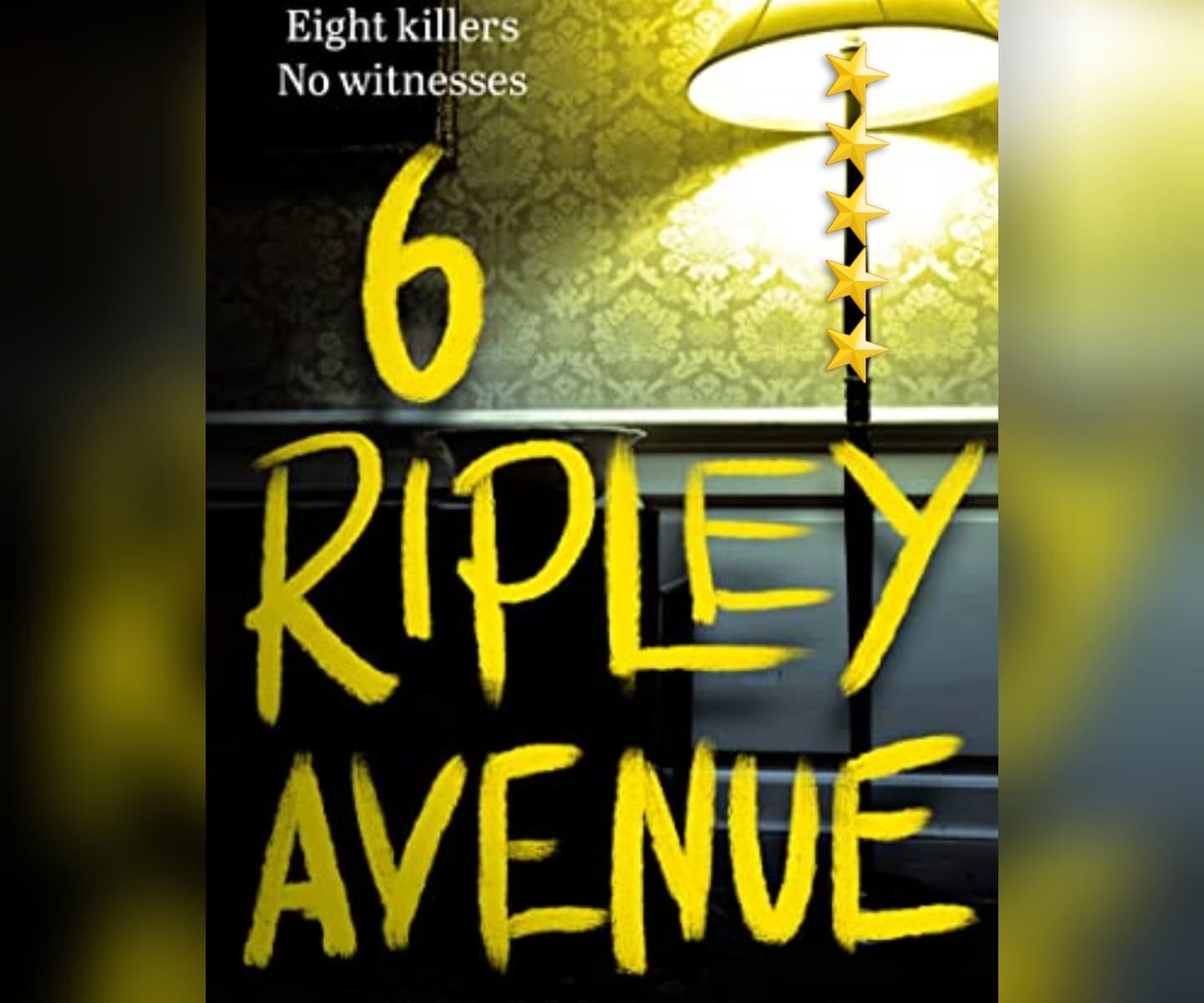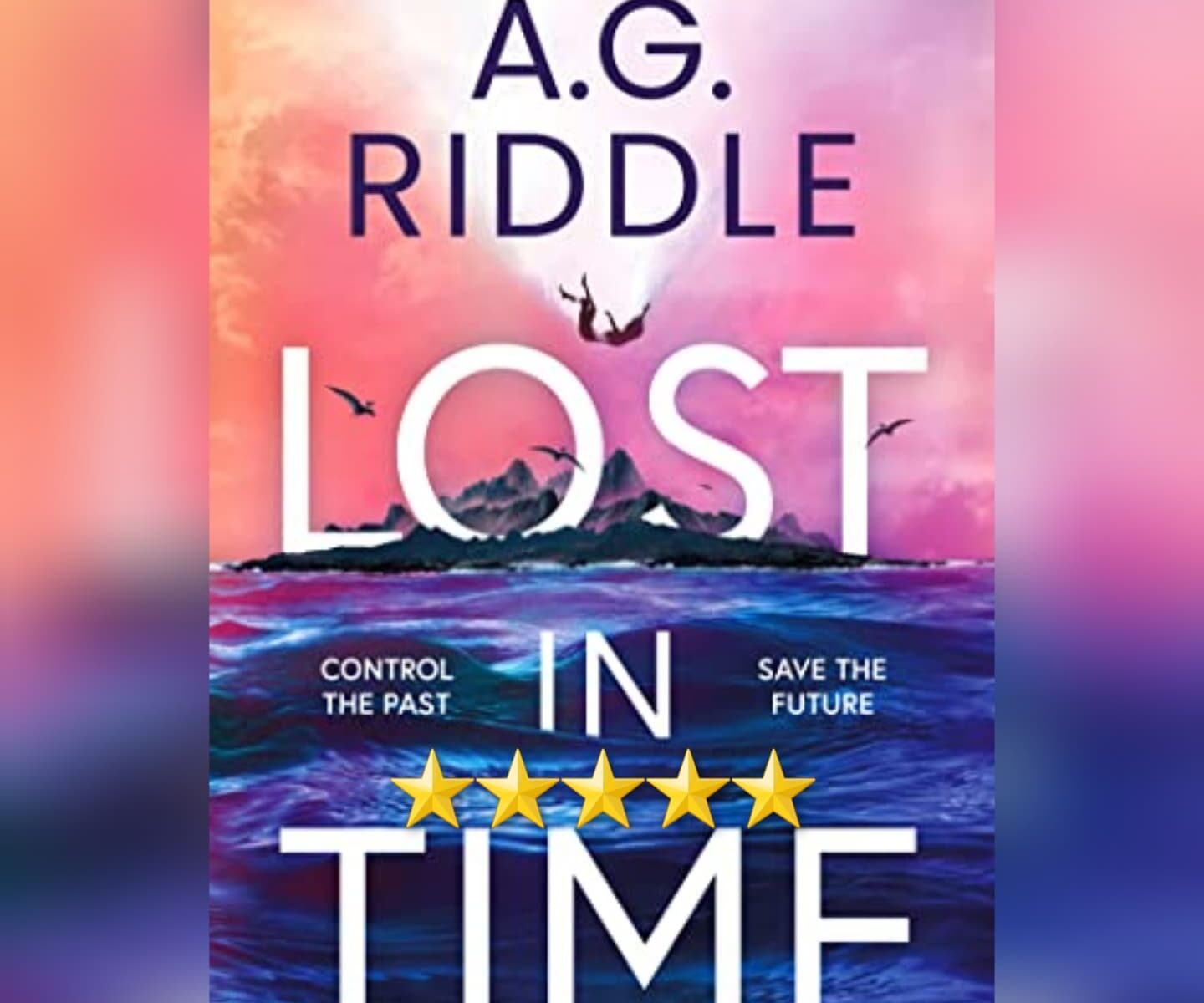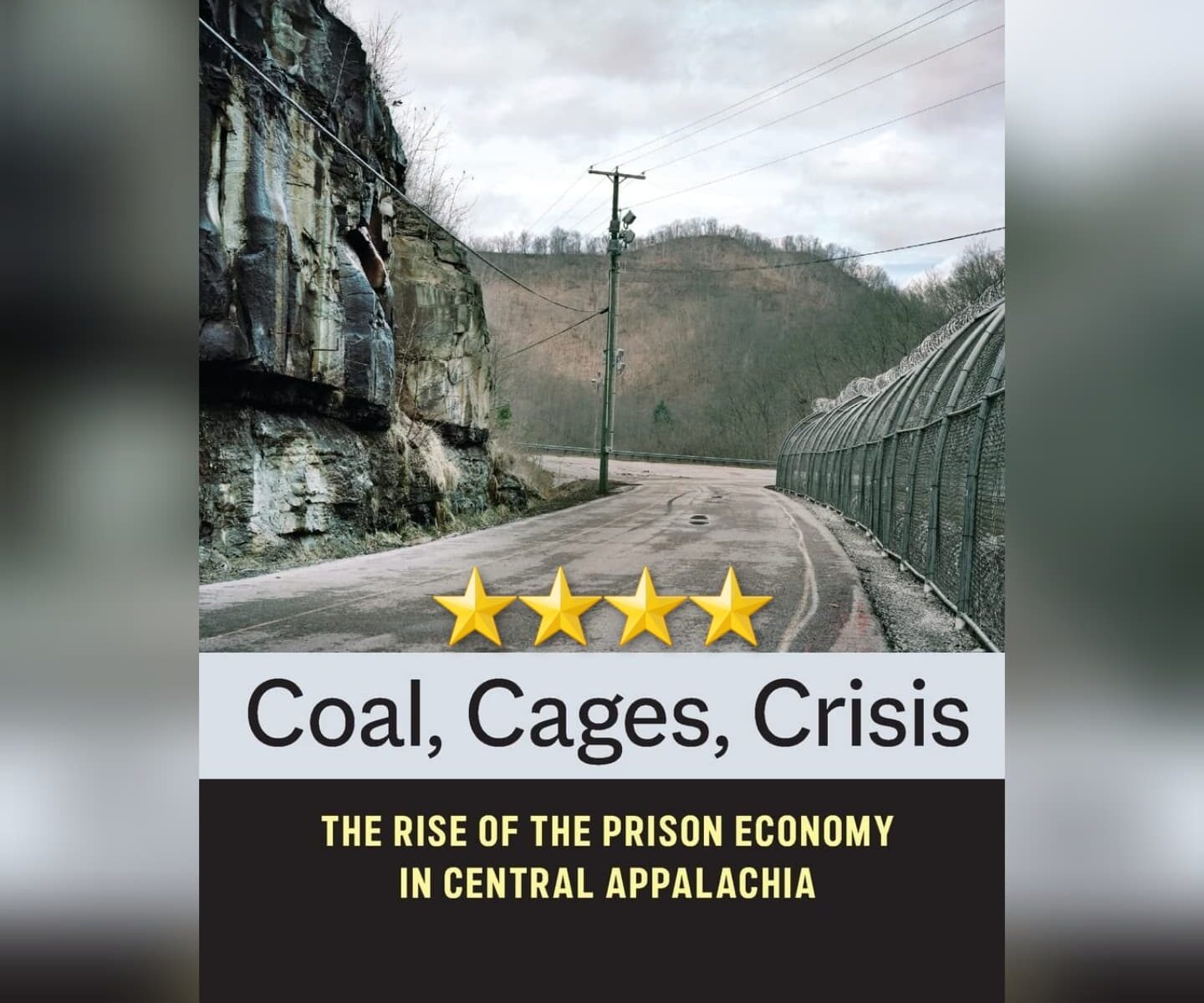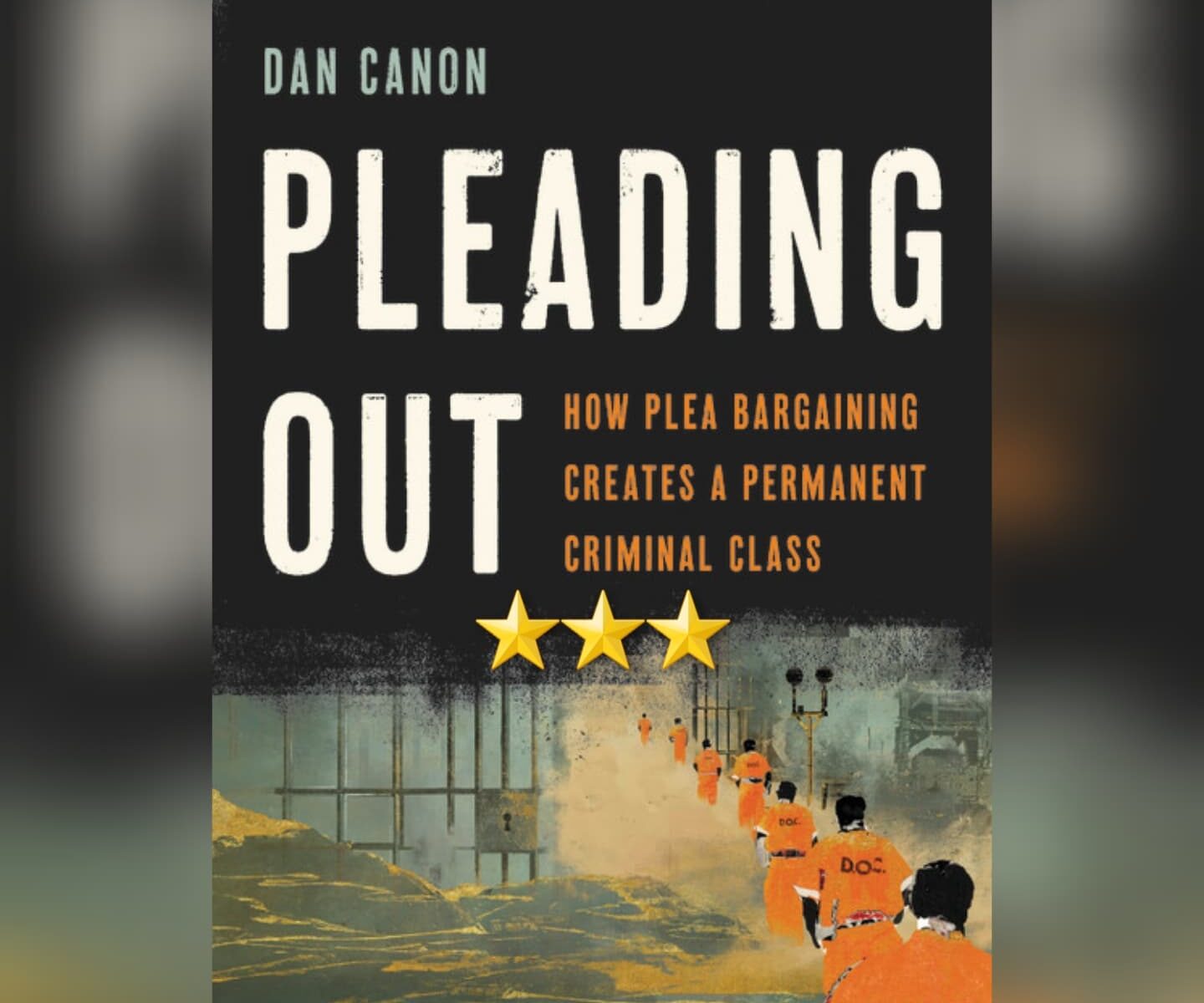Victim Blaming And Typical Academic Ideologies Mar Otherwise Remarkable Work. Primarily in both the early and late sections of the book, the author frequently goes the typical anti-capitalist, everything is racist rants so common throughout both Academia and the field of sociology in particular. While the “everything is racist” bit is also found in the middle, it is toned down a bit as the author more proactively describes what she actually saw during her year of embedding herself within police academies to study exactly how new police cadets are trained.
It is within this section in particular that the book truly shines – and the problem of police brutality is exposed as beginning even in the earliest stages of a cop’s career, in how they are forced to think just to survive training. The psychopath David Grossman and his “Killology” are briefly discussed, though Radley Balko’s work tracing the militarization of police and the increasing frequency of police brutality in his seminal work The Rise Of The Warrior Cop is never mentioned at all. Through this section, we see in stark detail just how police are trained and what at least some of their instructors seem to genuinely believe – and while many will agree with these positions, many more will see just what any attempts to reform policing are truly up against.
It really is the conclusions, where despite Simon claiming to have no real suggestions on how to proceed, then proceeds to make sweeping suggestions of how to proceed, that mars this text more than anything – and I openly admit here that this is absolutely one of those points that will encourage many to buy the book and encourage many others to burn it. Here, Simon proceeds to blame the victims of police brutality for being victims of police brutality via claiming that because guns are so prevalent in the United States, cops are of course warranted in assuming that everyone is armed at all times and thus of course their lives are in danger at every moment – exactly what Simon exposes they are trained from the very beginning to believe. She also ultimately believes that policing as we currently know it should be completely abolished *and replaced with some other system*, seemingly not realizing that *any* State system is force from its very nature, and that ultimately *any* State system of policing will result in exactly the same problems the abolition movement claims it is trying to solve.
Still, the text is reasonably well documented, with its bibliography clocking in at about 21% of the overall text, and the actual reporting of what she saw and experienced was quite well done. Truly, even those who may want to burn this book after reading it *should still read it first*. And then either defenestrate it or burn it, if you feel so led. 😀
Seriously, read this book no matter your thoughts on policing in America. At minimum, you’ll gain a much more detailed understanding of how police officers are recruited and trained, and ultimately more knowledge – even when so skewed as this text is – helps make stronger arguments for whatever position one may have on any given issue. Recommended.
This review of Before The Badge by Samantha J. Simon was originally written on March 3, 2024.

